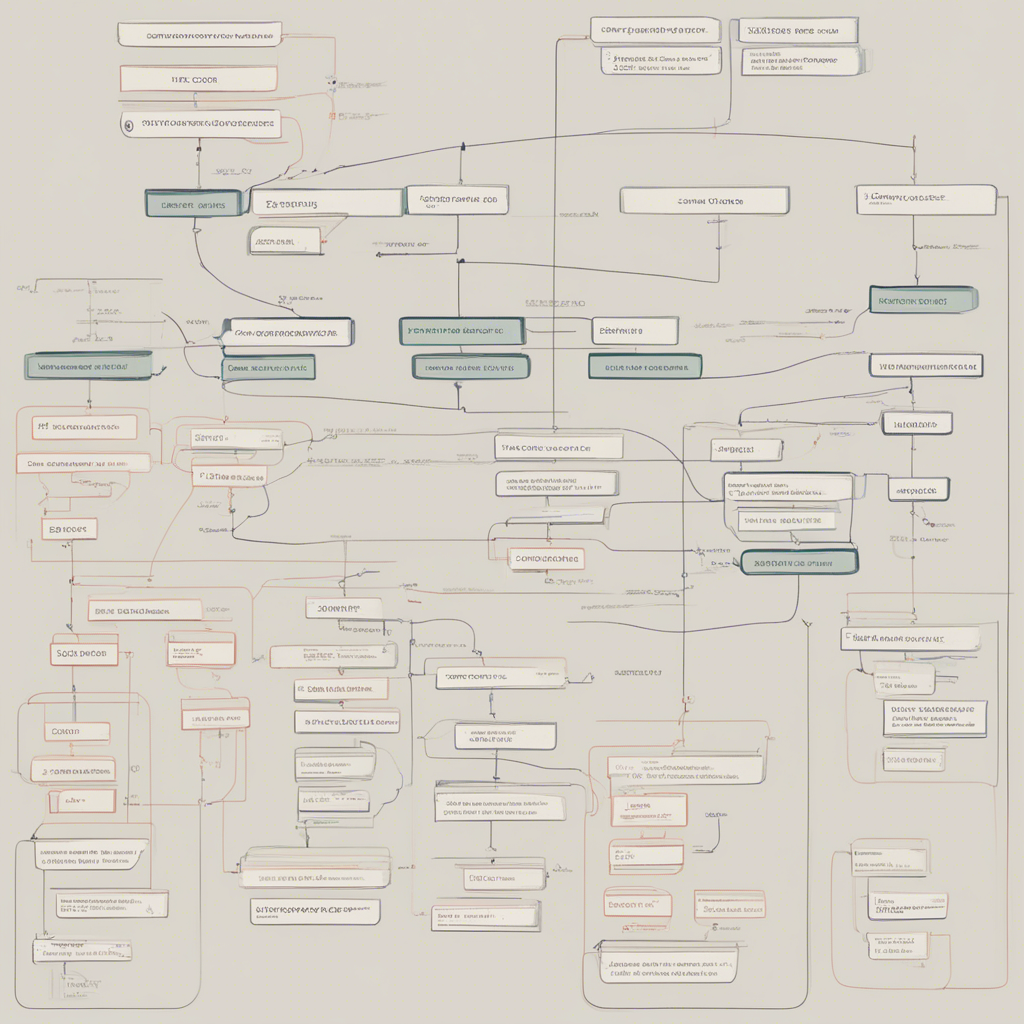
Optimizing SQL Queries for Faster Database Performance
In today’s data-driven world, efficient management and retrieval of data are crucial for the smooth functioning of any application or software system. SQL (Structured Query Language) is a powerful tool for managing relational databases, but poorly optimized queries can lead to sluggish performance and hinder the overall user experience. In this blog post, we will explore various techniques to optimize SQL queries for faster database performance.
1. Understand the Database Schema
Before diving into query optimization, it is essential to have a clear understanding of the database schema. Familiarize yourself with the tables, columns, and relationships within the database. Optimizing queries becomes much easier when you know how the data is structured and how different tables are related.
2. Use the Appropriate Indexes
Indexes play a crucial role in speeding up SQL queries. They allow the database engine to quickly locate the required data without scanning the entire table. By creating indexes on frequently accessed columns or columns used in joins or where clauses, you can significantly improve query performance.
It’s important to choose the right type of index for your query. Common types of indexes include:
- B-tree index: Ideal for columns with high selectivity or when performing range queries.
- Hash index: Suitable for equality searches but not for range queries.
- Bitmap index: Useful for low cardinality columns or columns with repetitive values.
Consider utilizing EXPLAIN or EXPLAIN ANALYZE statements to analyze query execution plans and identify any missing or unused indexes.
3. Optimize Joins and Subqueries
Joins and subqueries can be resource-intensive if not optimized correctly. Here are some tips to improve their performance:
- Use INNER JOIN instead of WHERE clause: Instead of using a WHERE clause to join tables, utilize the INNER JOIN syntax. This enables the database engine to optimize the query execution plan more effectively.
- Use appropriate join types: Depending on the relationship between the joined tables, choose the appropriate join type (e.g., INNER JOIN, LEFT JOIN, RIGHT JOIN) to minimize unnecessary data retrieval.
- Avoid subqueries whenever possible: Subqueries can degrade performance, especially if they are executed multiple times. Consider using JOINs or temporary tables instead to achieve the desired result effectively.
4. Minimize Data Retrieval
Reducing the amount of data retrieved from the database can significantly enhance query performance. Some techniques to achieve this include:
- Use SELECT * sparingly: Instead of fetching all columns in a table, explicitly specify the required columns in your SELECT statement. This reduces the data transfer overhead.
- Avoid unnecessary data: If certain columns are not needed for the query result, exclude them to minimize the data retrieval cost.
- Implement pagination: When displaying large result sets, implement pagination to fetch and display data in smaller chunks rather than all at once.
5. Use Proper Query Design Techniques
Consider the following design techniques to optimize SQL queries:
- Normalization: Ensure that your database is properly normalized to minimize data redundancy and improve query performance.
- Denormalization: In certain scenarios, denormalization can speed up complex queries by reducing the number of joins required. However, use denormalization judiciously to avoid data integrity issues.
- Stored procedures: Utilize stored procedures to encapsulate frequently executed queries. This reduces network overhead and improves performance.
6. Monitor and Optimize Query Performance Regularly
Optimization is an ongoing process. Regularly monitoring query performance and fine-tuning them based on usage patterns can yield significant improvements. Here are a few additional tips:
- Identify slow queries: Monitor the execution time of queries and identify those that are taking the most time. Tools like pg_stat_statements or MySQL slow query log can help in this regard.
- Analyze query execution plans: Understand how the database engine executes your queries. Analyzing the execution plans can reveal potential areas for improvement.
- Optimize query parameters: Ensure that query parameters are properly indexed and consider using bind variables or prepared statements to avoid repetitive query parsing and optimization overhead.
By following these optimization techniques and continuously monitoring and fine-tuning query performance, you can ensure faster database response times and a seamless user experience.
Remember, optimizing SQL queries is a constantly evolving process. Stay updated with the latest database engine features and best practices to ensure consistent and efficient performance.
Disclaimer: This blog post is a general guide for optimizing SQL queries and does not dive into specific database engine optimizations. The techniques mentioned may vary depending on the database system being used. It is always recommended to consult the official documentation and seek expert advice for specific optimization requirements.






